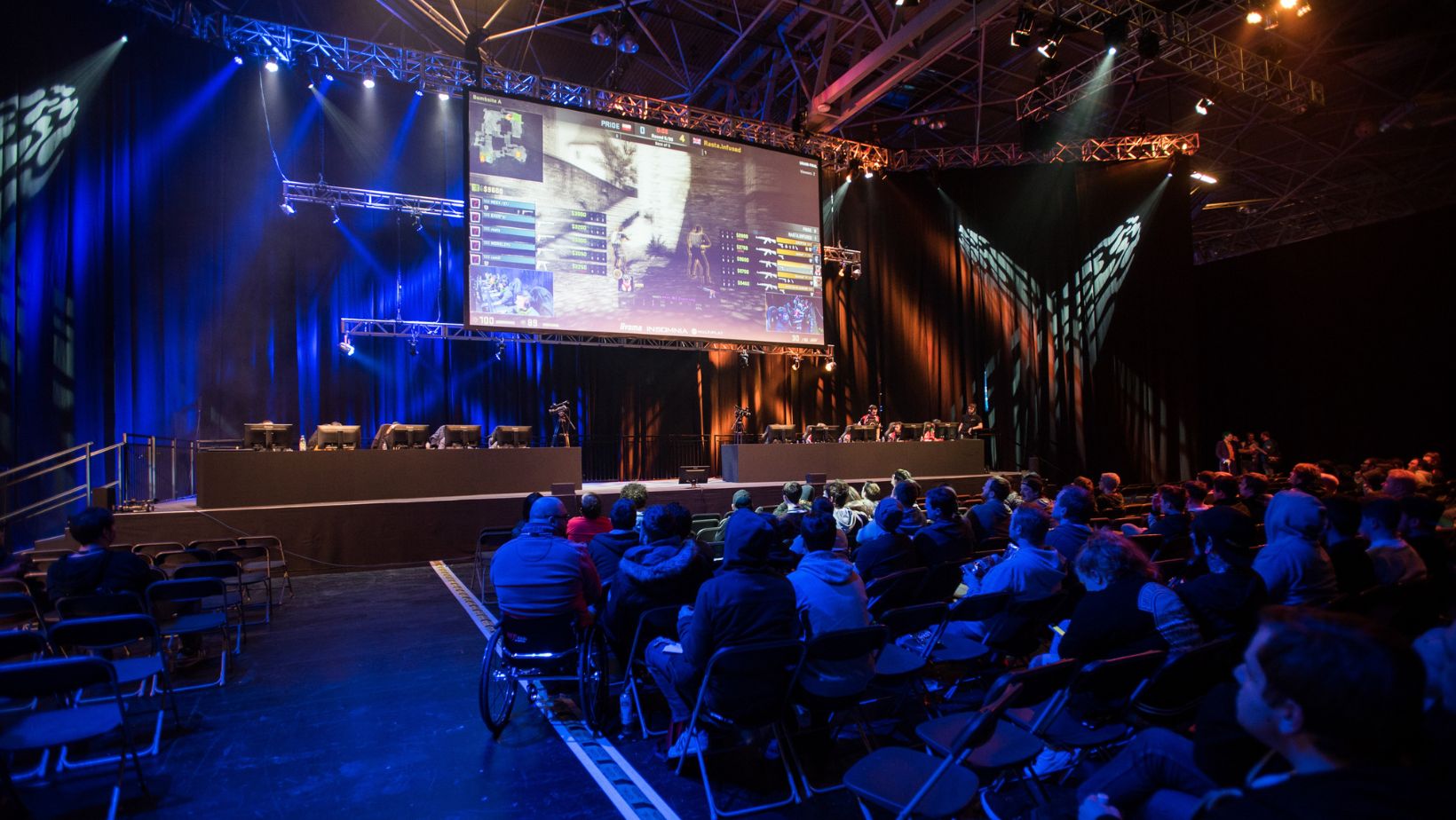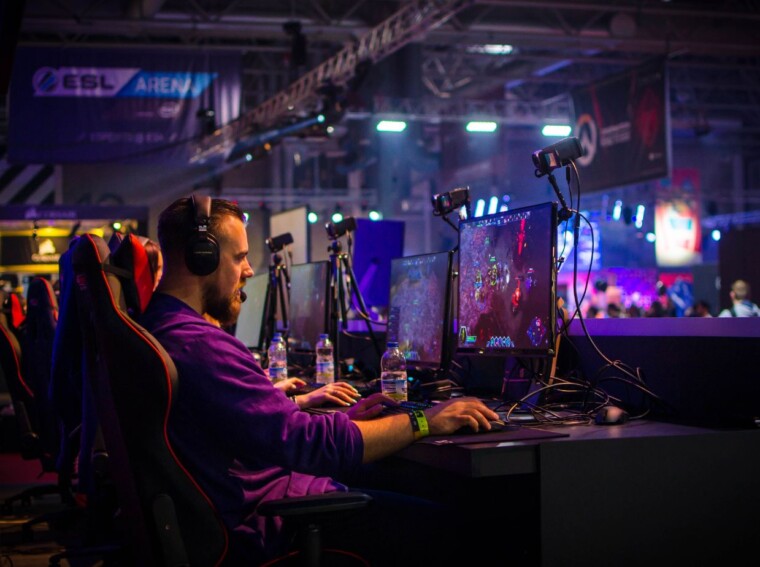Esports, or electronic sports, has rapidly transformed from a niche hobby into a global phenomenon, significantly impacting the gaming industry. With millions of fans worldwide, lucrative tournaments, and professional players, esports has become a cornerstone of modern gaming culture. This article explores the role of esports in the gaming industry, highlighting its growth, influence, and future prospects.
The Rise of Esports
Historical Context
Esports has roots dating back to the early days of video games. The first known competitive gaming event took place in 1972 at Stanford University, where students competed in the game “Spacewar.” However, it wasn’t until the late 1990s and early 2000s, with the advent of broadband internet and online multiplayer games, that esports began to gain significant traction.
Major Milestones
The rise of esports can be attributed to several key milestones:
- Early 2000s: The establishment of professional leagues such as Major League Gaming (MLG) in North America and the World Cyber Games (WCG) in South Korea.
- 2010s: The explosion of streaming platforms like Twitch allows fans to watch live esports events from around the world.
- Present Day: Major investments from traditional sports organizations, brands, and media companies, solidifying esports as a mainstream entertainment industry.
Impact on the Gaming Industry
Economic Growth
Esports has contributed significantly to the economic growth of the gaming industry. According to Newzoo, the global esports market was projected to surpass $1 billion in revenue by 2021, driven by media rights, sponsorships, merchandise, and ticket sales. This influx of capital has spurred further development of games designed specifically for competitive play, such as “League of Legends,” “Dota 2,” and “Overwatch.”
Game Development and Innovation
The popularity of esports has influenced game development, with developers creating titles that cater to competitive play. These games often feature balanced mechanics, regular updates, and robust online multiplayer capabilities.

Moreover, the feedback loop from professional players and the esports community has led to continuous innovation and improvement in game design.
Community and Culture
Esports has fostered a vibrant community and culture, bringing together players, fans, and developers. Events such as the League of Legends World Championship and The International (Dota 2) attract millions of viewers and create a sense of shared excitement and camaraderie. This community-driven aspect has also led to the rise of content creators, streamers, and influencers who contribute to the growth and engagement of the esports ecosystem.
The Future of Esports
Technological Advancements
The future of esports is closely tied to technological advancements. Innovations in virtual reality (VR) and augmented reality (AR) could revolutionize the way esports are played and viewed, creating more immersive experiences for both players and fans. Additionally, improvements in internet infrastructure, such as the rollout of 5G, will enhance the quality and accessibility of online gaming.
Mainstream Integration
Esports is increasingly being integrated into mainstream culture. Traditional sports organizations, such as the NBA and NFL, have launched their own esports leagues, while universities are offering scholarships for esports athletes. This integration not only legitimizes esports but also expands its reach to new audiences.
Diverse Revenue Streams
As esports continues to grow, the industry is exploring diverse revenue streams. One such area is the intersection of esports and online gambling. Many platforms are now looking at incorporating features that appeal to gaming enthusiasts. For instance, an online casino that accepts crypto can cater to tech-savvy gamers who prefer using cryptocurrencies. This integration offers a seamless experience for users who engage in both gaming and online betting.
Challenges and Considerations
Sustainability and Health
The intense nature of professional gaming can lead to health issues, such as repetitive strain injuries and mental fatigue.

Ensuring the sustainability and well-being of esports athletes is crucial for the long-term success of the industry. Organizations and teams are increasingly investing in physical and mental health support for their players.
Inclusivity and Diversity
While esports has made strides in inclusivity, there is still work to be done. Promoting diversity and creating a welcoming environment for all players, regardless of gender, ethnicity, or background, is essential. Initiatives to support underrepresented groups in esports are vital for fostering a more inclusive community.
Conclusion
Esports has undeniably reshaped the gaming industry, driving economic growth, influencing game development, and fostering a dynamic community. As technological advancements continue and mainstream integration deepens, the future of esports looks promising. However, addressing challenges related to sustainability, health, and inclusivity will be crucial for ensuring the long-term success and positive impact of esports in the gaming world.

